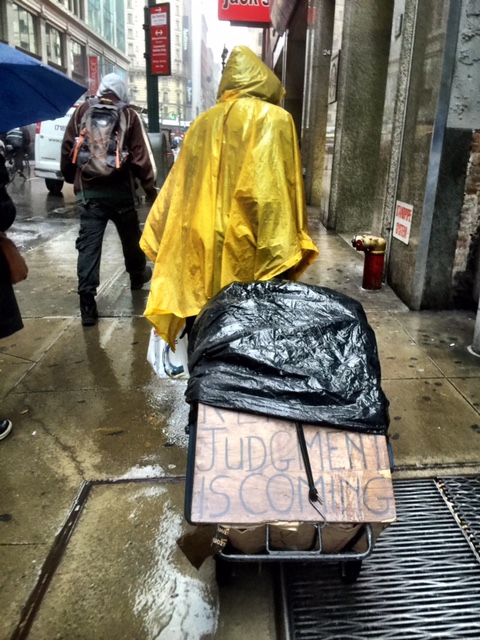
LAPSE IN JUDGMENT COSTS
After she was sued for breach of a credit card agreement, A.T.N. entered into a stipulation of settlement with the creditor wherein she agreed to pay monthly installments until the amount in question was paid in full. She also agreed that in the event a payment was missed, the creditor could enter a judgment after a 10-day notice to cure.
Of course, A.T.N. only made a single payment and, after notice, the creditor then proceeded to enter a judgment and subsequently served an income execution, which triggered an application by A.T.N. to vacate the judgment and income execution, to restore the case to the calendar, and for leave to file an answer. When the Kings County Civil Court granted that request, an appeal to the Appellate Term, Second Department, followed.
Because it thought the woman’s eleventh-hour jurisdictional arguments were entirely makeweight, or had been waived by her participation in the underlying action and entering into a settlement agreement, the AT2 reversed the court below. It noted:
“As defendant failed to offer any explanation for why she had failed to comply with the stipulation of settlement or a sufficient ground for vacating it, we conclude that the Civil Court improvidently exercised its discretion in granting defendant's motion.”
Think A.T.N.’s judgment was clouded here?
# # #
DECISION
